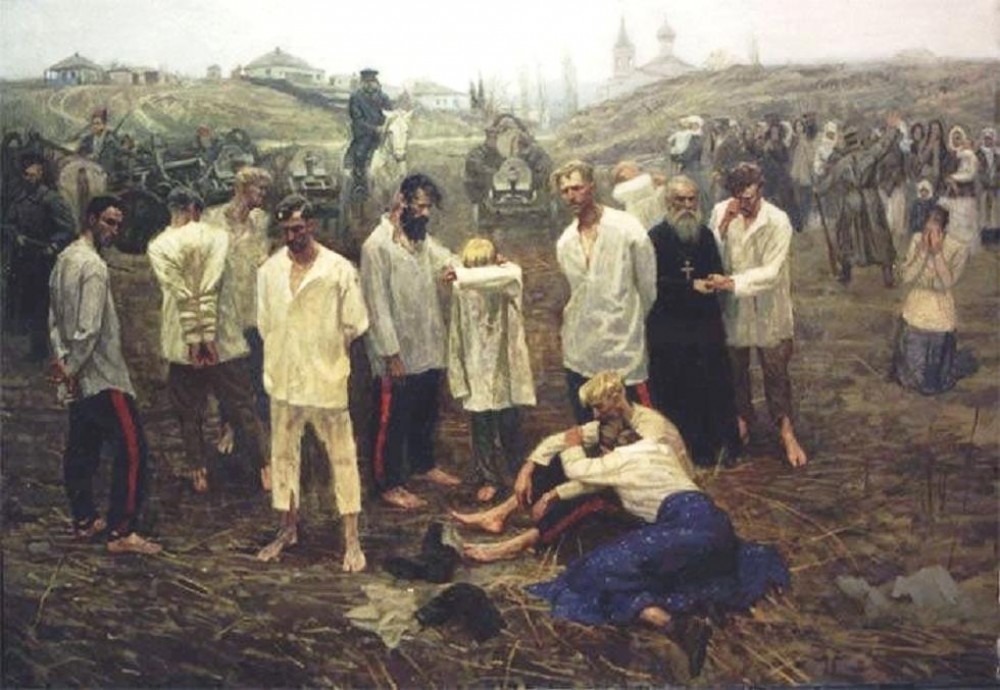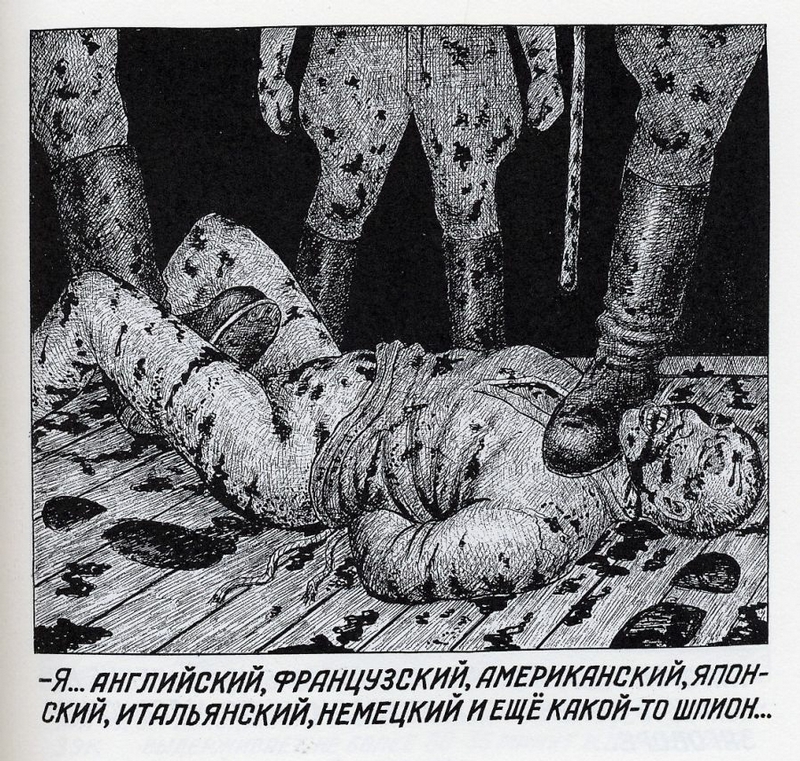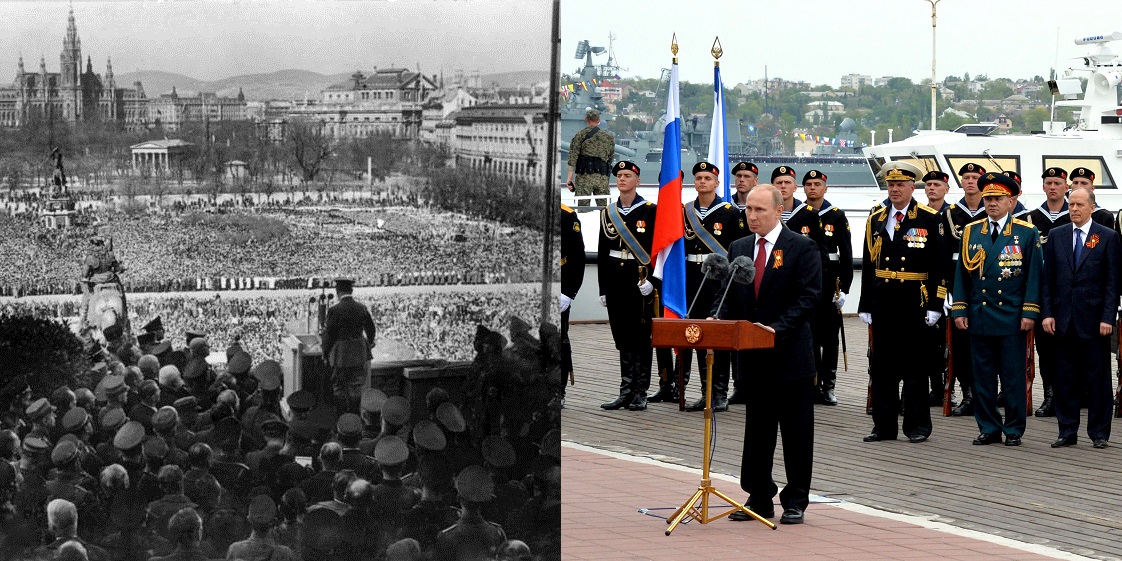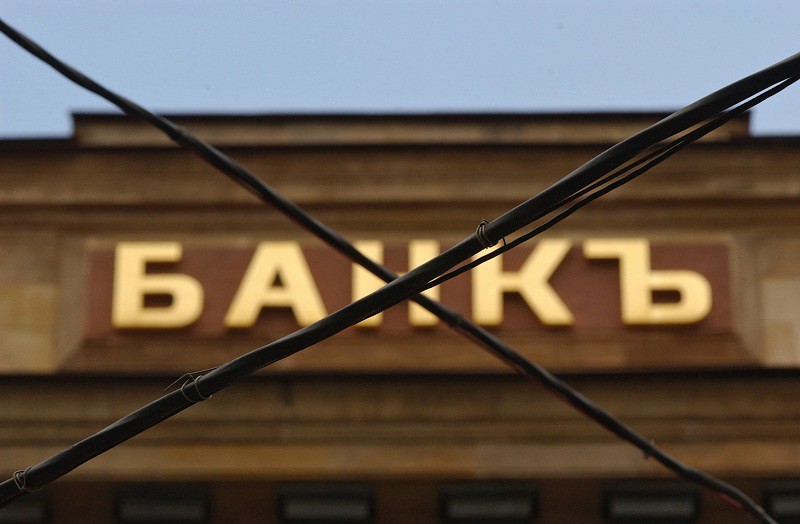In 1974, Russian émigré journalist Yuri Srechinsky reacted with horror to Aleksandr Solzhenitsyn’s suggestion in his GULAG Archipelago that non-Russians resisted Soviet power but that ethnic Russians submitted in a pamphlet entitled How We Submitted. The Price of October that deserves to be more widely known.
Instead, the Novoye Russkoye Slovo commentator insisted, Russians had resisted just as non-Russians had to Soviet oppression, although their stories are far less well-known because Moscow has done far more to suppress reports about actions by the “state-forming” nation. But Russians, Srechinsky said, should see their resistance as something to build on for the future.
Perhaps the émigré historian’s arguments and those of others like him will now attract greater attention thanks to a comprehensive but admittedly incomplete listing of Russian risings against Soviet power that has been assembled by Moscow economist and commentator Andrey Illarionov.
What makes his listing of more than 210 risings against Soviet power all the more impressive is the events Illarionov chose to exclude: small, peaceful demonstration that the authorities did not seek to suppress, Civil War events, conflicts among non-Russians (although conflicts between Russians and non-Russians are listed), and resistance in territories Stalin occupied during World War II.
As the Moscow economist and commentator says, “the theme of revolts undoubtedly deserves detailed discussion.” But for the moment, he suggests, his list provides six obvious lessons about these popular risings:
- First, “there were a lot of them in the USSR: they took place much more often than in previous periods of Russian history, the number of participants was enormous” and this in turn means that this was in effect “a hundred-year-long war in Russia between the anti-human powers and the people.”
- Second, certain periods, “the first half of the 1920s, 1928-32, and the 1940s” were “in essence a total war against the communist authorities and the state security agencies which defended it.”
- Third, “all the post-October risings were suppressed by the authorities in the harshest manner,” far more harshly than any previous Russian government had done.
- Fourth, “the hundred-year-long civil war in Russia and the loss in it of millions and tens of millions” of Russians is a bestial tragedy for our people.”
- Fifth, the number of people taking part “to a large degree” depended on whether the population had arms or not.” When it did, there were many participants; when there weren’t, there were fewer.
- And sixth, “the success of risings under a totalitarian regime and of course a harshly authoritarian one as well are determined not so much on the field of battle as in the heads of the leaders of the regime against which the rising is directed.” When leaders recognize that suppression is an anachronism and counterproductive, those who have risen have won.
Related:
- Russia’s penal reforms point to return of ‘renewed’ GULAG, Novaya Gazeta says
- ‘Putin’s GULAG more horrible than Stalin’s,’ researchers say
- Putin’s Russia well on its way to ‘criminal neo-totalitarianism’ with a ‘neo-terror’ and a ‘neo-GULAG,’ Pastukhov says
- Profound contraction of ethnic Russians in former Soviet republics since 1989
- Declining birthrates among Russians accelerating demographic decline, Rosstat figures show
- No one denies Soviet Army defeated Hitler but Russians won’t admit it occupied those it liberated, Tatyana Ross says
- Kuban might pursue independence but won’t become part of Ukraine, Russians say
- Russians list Putin’s greatest successes and greatest failures





